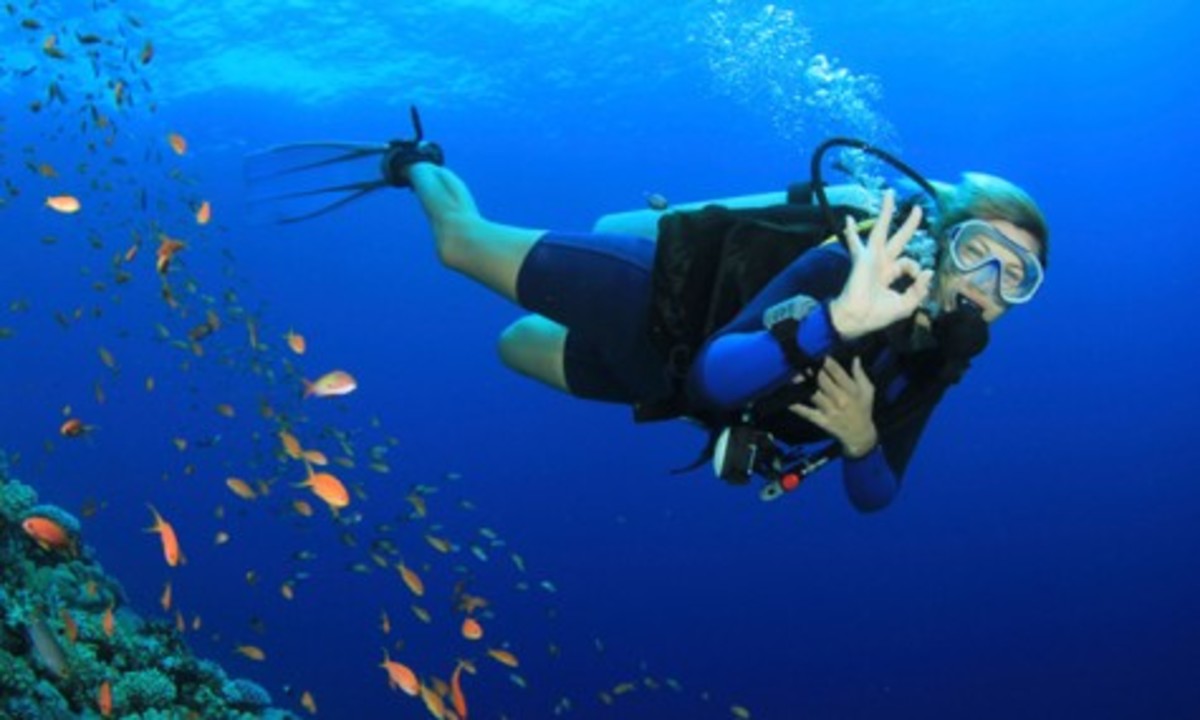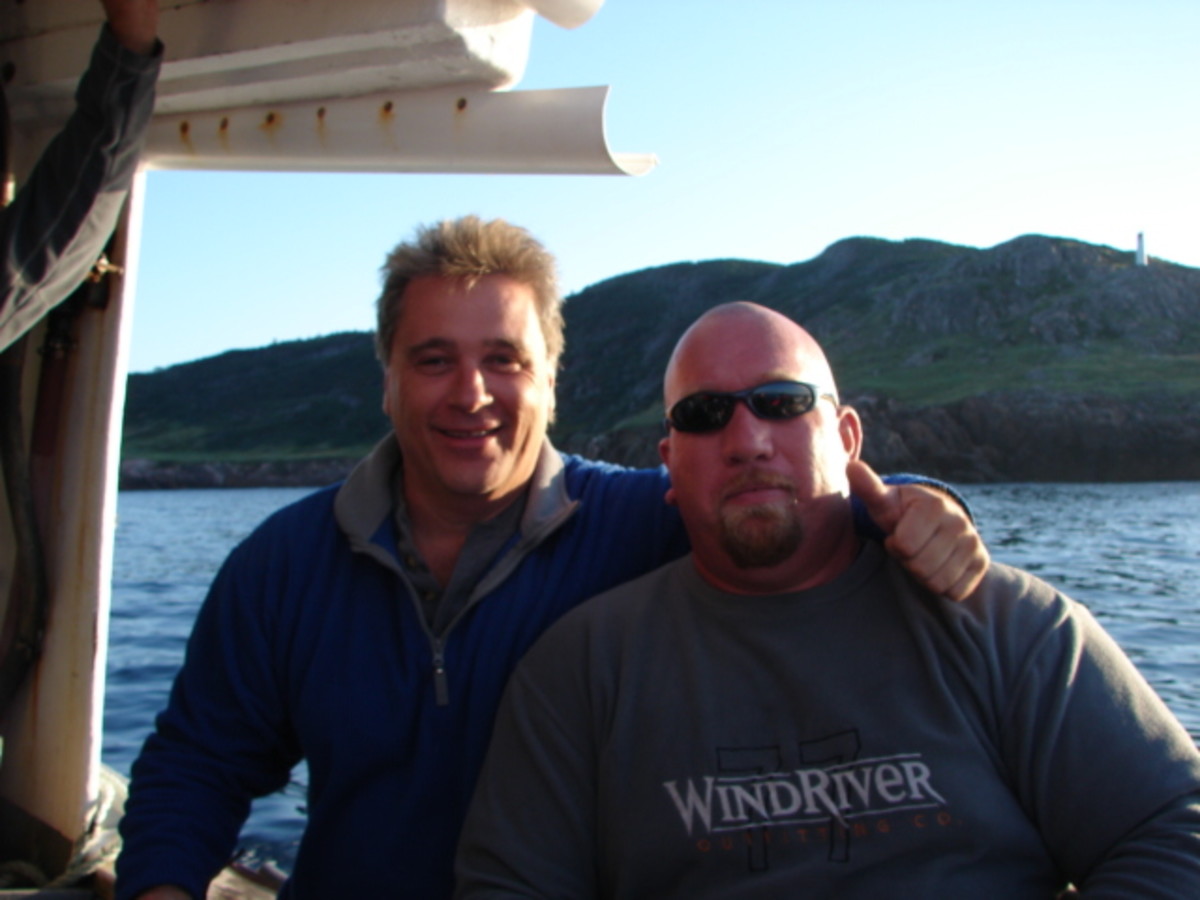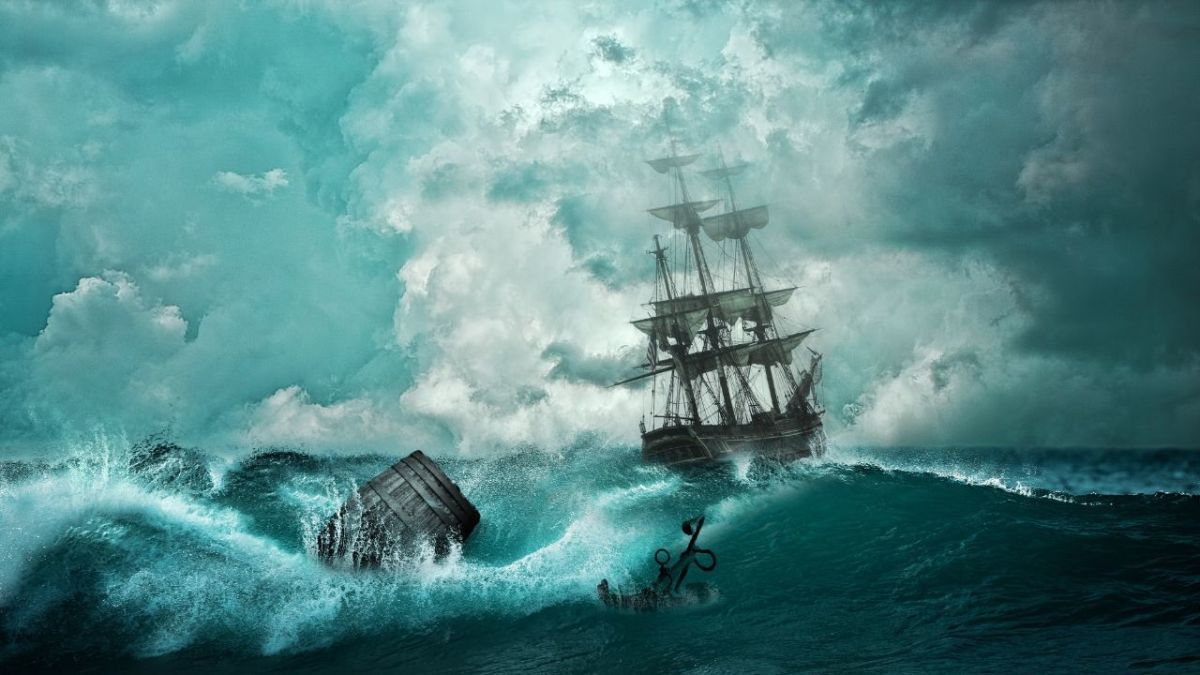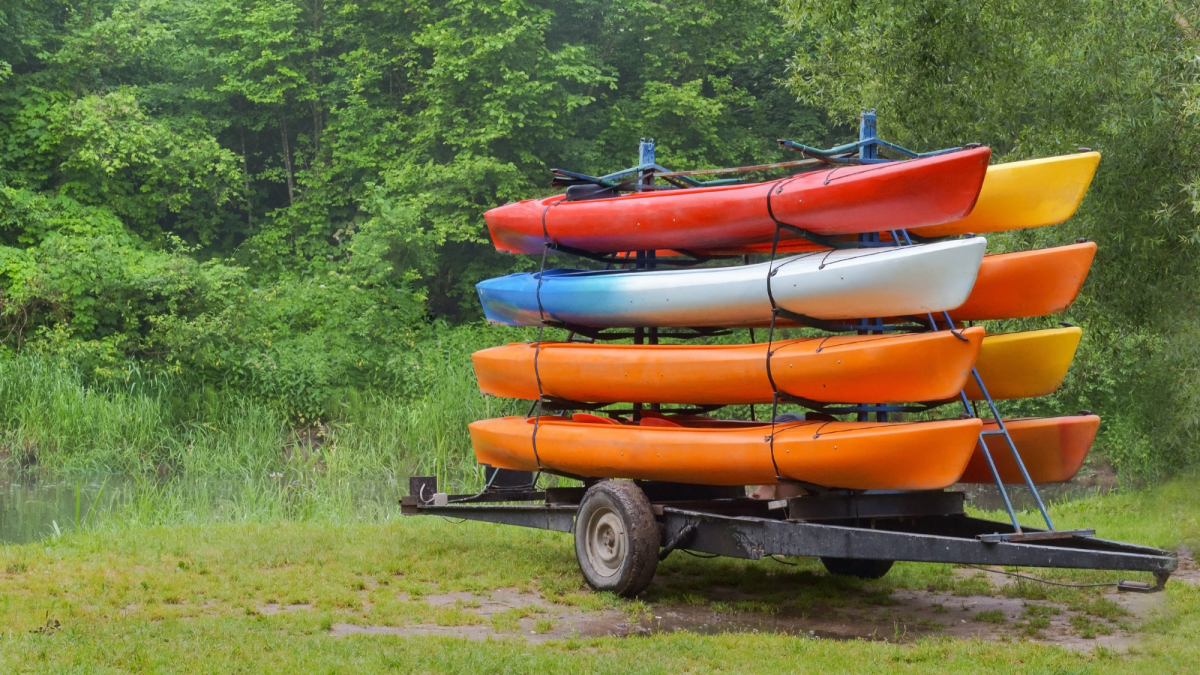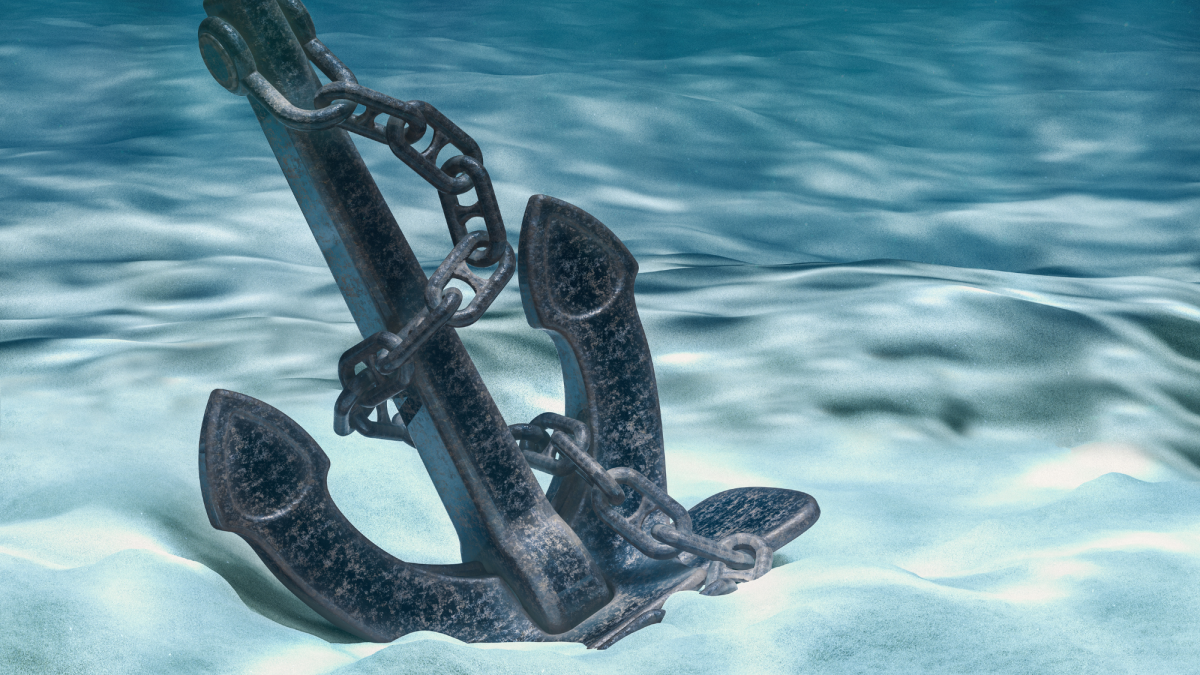- HubPages»
- Sports and Recreation»
- Individual Sports»
- Water Sports
Introduction to SCUBA
First Things First
So, you have decided to give SCUBA a try? That's fantastic! There is nothing like exploring the underwater world and getting up close and personal with its inhabitants. If you have a passion for marine life this is the perfect hobby for you.
Before you get in too deep, no pun intended, you need to pick which agency you will use to get certified. PADI, NAUI, and SSI are some of the most popular. There are some differences between each one, but for the most part they are going to teach you the same basic skills. A word of warning, some divers get very passionate about the different agencies. It's a little like politics; take it with a grain of salt and move on.
No matter which agency you use you will need to do some class work, some pool work, at least four certification dives, and you will need to purchase your own gear.

The Basics
SCUBA very different from snorkeling. However, snorkeling can give you an idea on whether or not you will like SCUBA. Wouldn't it be better to find out you don't like having your nose covered by your mask before you spend a lot of money on dive gear and your open water classes?
Once you have picked your agency that you will use you need to sign up for an open water class. Nearly every dive shop offers classes, they also typically have a freshwater pool located on site as well. During your classes you will learn the basics of SCUBA. There are certain safety guidelines that you will need to abide by if you wish to stay safe, and in some cases live, while diving. It is important that you listen and remember these rules. They aren't meant to scare you out of diving they are meant to warn you of what could happen if you get careless.
In addition to safe guidelines regarding diving your instructor will also go over the dive gear that you will be using. Chances are pretty good that if you are new to diving the terms BC, first stage, and regulator are foreign to you. You will need to know the ins and outs of the gear you will be using, after all it is what is keeping you alive when you are 80 feet below the surface.
After you have taken and passed the written test you will need to schedule your open water dives. You can do them while you are on vacation, through your dive shop, or a combination of both. Personally I have found that I don't like diving in colder water, if I had the chance to go back and do my certification dives in Florida instead of a lake in the middle of Virginia I would do it in a heartbeat.
One of the most important things to consider before going for your SCUBA certification is the price. SCUBA is not cheap. It is a sad truth. A mask alone can be around $100, and fins can be twice as much. Gear is not something that I would try to save money on. As I stated earlier this equipment is what is going to keep you alive when your underwater, make sure that you are getting the best that you can. Much like with SCUBA agencies there are several different manufactures of SCUBA gear and some divers are very loyal to their brands.
The Skills
There are a few basic skills that you will need to be able to perform well and with confidence in order to gain your open water certification:
- Clear your mask
- Remove you mask and replace it
- Retrieve your regulator (you should learn two different methods and you should be asked to perform both of them on your check out dives)
- Exhibit buoyancy control and obtain neutral buoyancy (this tends to give most people problems)
- Take off and put your gear back on while underwater
- Be able to swim a specific distance
- Tread water for a specific amount of time
- Be able to breathe from your buddy's regulator/be able to assist your buddy if they run out of air
- Assist your buddy in an emergency surface
The Class
You have saved up, done your research, and you have picked an agency to use now all that is left is to get started. You have two options for classes: in person or online. A lot of people prefer the online classes and tests because they can do them on their own time, they tend not to take as lone, you can pace yourself, and they are often cheaper. Though, taking the classes in person through your local dive shop gives you access to a dive instructor. Many instructors are dive masters and have a lot of experience with different dives. They can tell you what it is really like and walk you through the places most people have trouble. I really liked that my instructor broke each class into two halves. During the first half we did book work and learned about different skills and then the second half we practices those skills in the pool.
After you have completed all of the book work you will need to take a test. This test basically shows that you have learned about your gear, the safety guidelines, and understand how to be a safe and responsible diver. There is some math, but it is nothing you should not be able to handle if you have made it through middle school.
What is your favorite piece of dive gear?
The Gear You Will Need
Most dive shops will allow you to rent gear when you dive, however there are some key pieces that you will need to purchase. Mask, fins, weight belt, weights, snorkel, and boots are all things that you will need to buy before you dive. If you dive in colder areas you will want to strongly consider added a hood and gloves to your personal gear.
Your instructor will be able to help you pick out the gear that is best for you. Some divers like a hard nose piece on their mask and some prefer a soft. Some divers like using a split fin while others get more out of a single blade fin. There are even options when it comes to your dive weights! Some divers believe that the gear they use is the best there is and that everyone who dives should use it. This is not the case. I prefer a split fin when I dive, but my instructor likes a single blade. I was able to try both of them out in the pool to figure out which one worked better for me. I use a mask with a soft nose piece when I dive, but the mask I use when I snorkel has a hard nose cover. Why? It is easier for me to clear my ears with a soft cover and I don't typically have to deal with clearing my ears when I snorkel or do shallow dives.
If you have longer hair, or just don't want your mask strap pulling on your hair while you dive, you might want to get a neoprene cover for your strap. They aren't too expensive and are a nice way to add some color and personalize your gear. A dive whistle is another item to consider if you plan on doing a lot of diving. That way if you ever get separated from your buddy or boat you can call for assistance. Many divers like to dive with dive knives, that way if there is an emergency situation (like getting caught in old fishing nets) they are able to get out of them. A nice dive bag would also be a good idea so that all of your gear can stay well organized and be protected.
Once you have your certification dives under your belt and have decided that you want to make diving a regular part of your life you might want to invest in your own complete set of gear. This is a major investment, but it is worth it if you plan on diving more than once a year. A dive repair kit is also a good idea if you are going to spend a lot of money getting your own gear. After all you spent a lot of money on that gear and it keeps you safe while you dive why not make sure that it is in top notch shape?

Final Thoughts
Diving can be very rewarding. You get to see a part of the world that very few glimpse. Some of the animals you may encounter are endangered and it is life altering to get to witness them in their natural habitat.
If you follow all of the safety rules and regulations diving can be a very safe hobby. To stay on the safe side there are special insurances available to divers that help to cover the medical costs of dive accidents, some even cover dive gear that is lost during an emergency.
There is more than just diving in the tropics. Cold waters can have absolutely beautiful plants and animals. There are numerous dive locations in the fresh water rivers and lakes of Florida that are quite popular with divers.
Many local aquariums rely on volunteer divers to help with tank maintenance. This can be a great opportunity to keep your dive skills sharp.
Underwater photography is becoming very popular. If you invest in good equipment you too can take top quality photos to show off to your non-diving friends.
See if you have a friend of family member that wants to get their certification. That way you can take the classes together and you will already have a diving buddy.
Stay safe. Have fun. Enjoy!
© 2013 Alexandria

